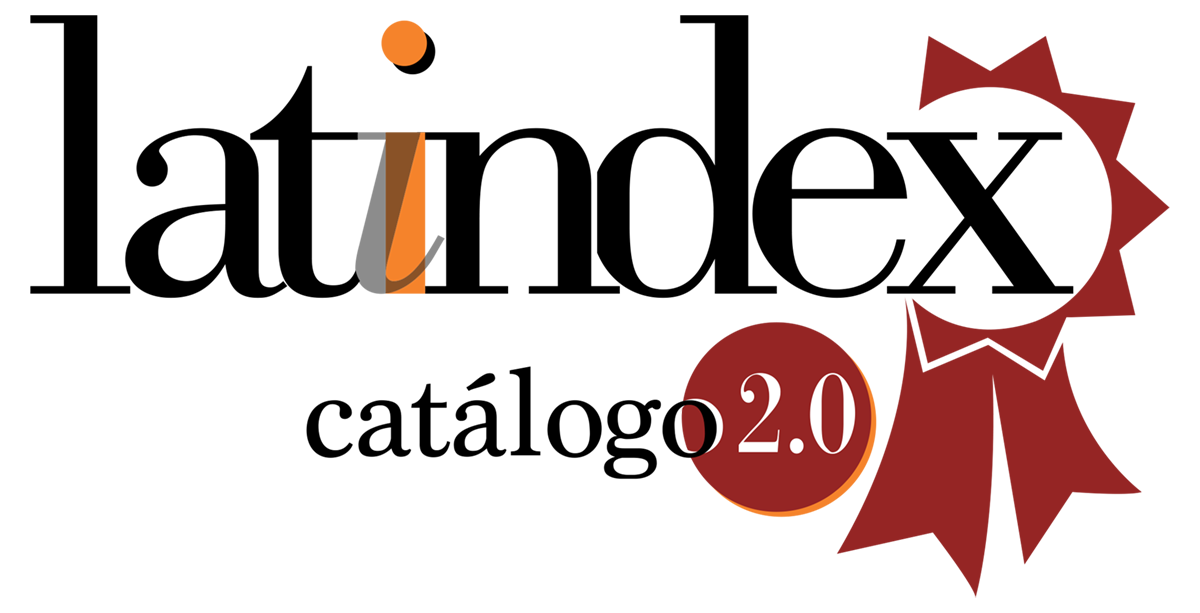Cassava Fermented Startch Flour Producer Plant Design as a New Alternative in the Food Industry
DOI:
https://doi.org/10.52428/20758944.v11i35.689Keywords:
Cassava flour, Food industry, CassavaAbstract
Nowadays, global warming is a variable that affects in big magnitude the worldwide agricultura! production, inthe last times; Bolivia has had campaigns that benefit this section, with technical assistance and legal security, which do not provide the expected results. A troubling case is wheat, although it is a highly demanded product in the Bolivian market, it does not have enough production to cover that market, resulting in imports at high prices. Taking into account this problem, a new alternative in the food industry is proposed, which can reduce these imports and consume Bolivian products, such as cassava, that by its composition, is considered a nutritious food for people, besides being a crop that adapts to different ecosystems and grows in a wide range of tropical conditions, that may occur under unfavorable conditions and marginal climates, therefore, the submitted project will use these benefits to offer cassava flour from fermented starch, it will be accessible and of have good quality by applying an appropriate design of the producer plant, a structured process flow and an economic-financial study.
Downloads
References
MINISTERIO DE DESARROLLO RURAL Y TIERRAS. Compendio Agropecuario. 2012.
FUNDACIÓN DE DESARROLLO AGROPECUARIO, INC. Guía Técnica No.31 Cultivo de Yuca - Republica Dominicana. 1997.
S. MONTOYA. Industrialización de la yuca, Obtención de almidón nativo. 2007.
ALARCÓN F., DUFOUR M. La Yuca en el Tercer Milenio, Cap 26. Almidón agrio. Colombia. 1998.
ZENTENO G. Proyecto de Fermentación del Almidón de Yuca para la Industria Panificadora. Universidad Mayor de San Andrés. 2014.
CENTRO DE INVESTIGACIÓN AGRÍCOLA TROPICAL (CIAT). 1995.

Downloads
Published
How to Cite
Issue
Section
License
Copyright (c) 2015 María Yesenia Olivio Ayala

This work is licensed under a Creative Commons Attribution 4.0 International License.
Authors who publish with this journal agree to the following terms:
- Authors retain copyright and grant the journal right of first publication with the work simultaneously licensed under a Creative Commons Attribution License 4.0 that allows others to share the work with an acknowledgement of the work's authorship and initial publication in this journal.
- Authors are able to enter into separate, additional contractual arrangements for the non-exclusive distribution of the journal's published version of the work (e.g., post it to an institutional repository or publish it in a book), with an acknowledgement of its initial publication in this journal.
- Authors are permitted and encouraged to post their work online (e.g., in institutional repositories or on their website) prior to and during the submission process, as it can lead to productive exchanges, as well as earlier and greater citation of published work.














